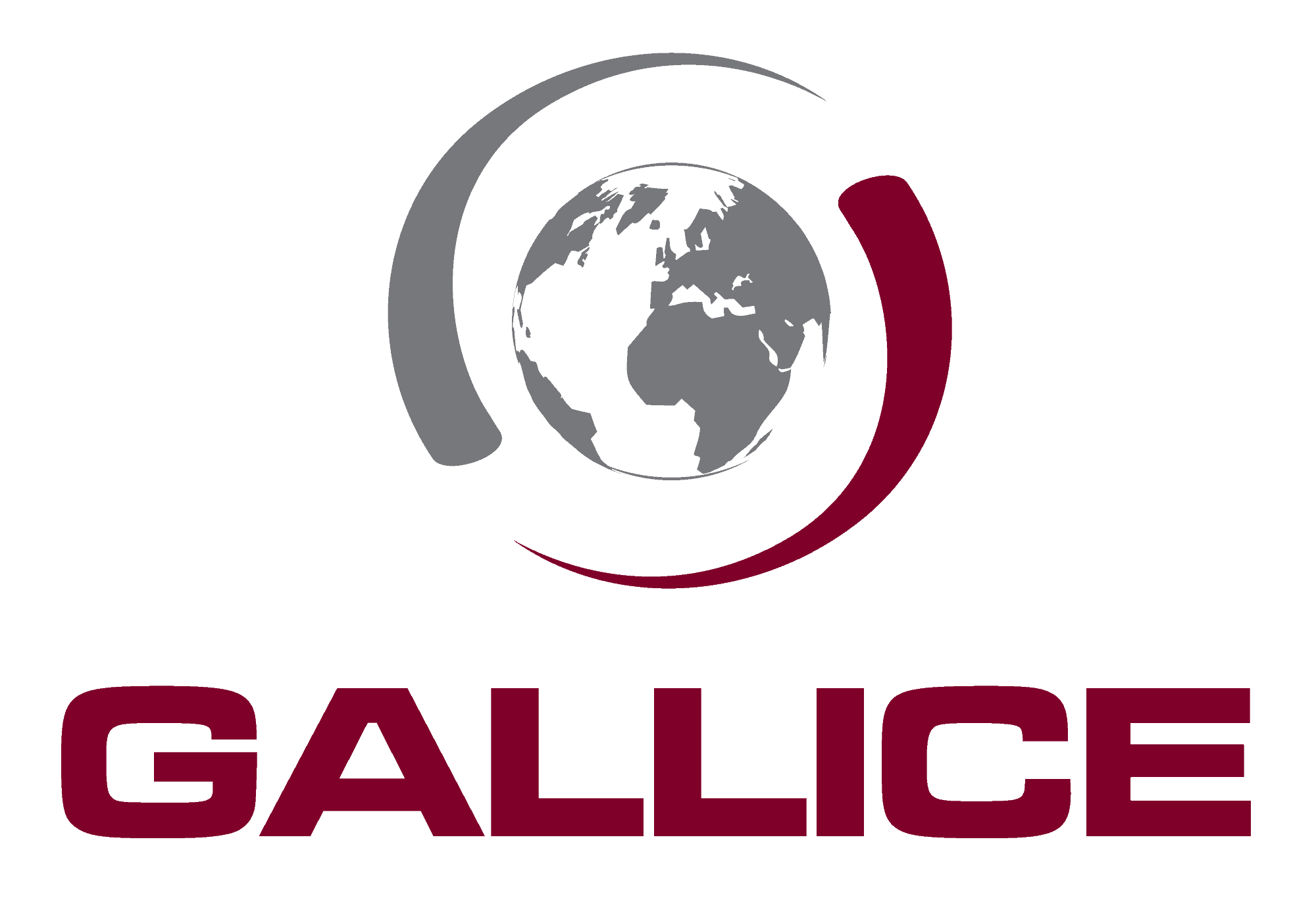SRI LANKA
Sri Lanka remains in 2025 in an extremely fragile economic and political situation, although the worst of the 2022–2023 financial crisis has been mitigated by external aid. However, the country remains vulnerable to persistent social, political and intercommunal tensions.
The Sri Lankan economy remains severely affected.
The country has entered into a support programme with the IMF, tied to structural reforms which provoke internal tensions.
Shortages of food, fuel and medicine have decreased but persist in certain rural and poorer areas.
Repaying foreign debt, especially to China and India, continues to weigh heavily on public finances.
The economy remains heavily dependent on tourism and diaspora remittances, which remain vulnerable to geopolitical fluctuations in South Asia and the Middle East.
Following the fall of President Gotabaya Rajapaksa in 2022, a political transition began under President Ranil Wickremesinghe. He governs in a context of contested legitimacy, with sporadic protests against corruption, inflation, poverty and the military’s role in civil affairs.
Civil liberties are under pressure, with cases of protest suppression, harassment of unions and NGOs, and digital surveillance. Rising discontent, particularly among youth and urban middle classes, could lead to renewed social unrest.
The risk of intercommunal violence remains high, particularly between the Sinhalese Buddhist majority, Hindu Tamils in the north and east, and the Muslim minority, who are regularly targeted by hate speech.
These tensions may be reignited by social media rumours, incidents at places of worship, or populist political campaigns.
The level of insecurity remains moderate, but risks include:
Violent protests in urban centres (Colombo, Kandy, Galle),
Occasional shortages likely to cause unrest,
Targeted political violence, especially ahead of elections.
Tamil areas in the north and east should be avoided unless accompanied by local escort, due to residual military presence, lack of infrastructure, and latent community tensions.
All travel should include regular security monitoring, political context analysis, and evacuation plans in case of renewed social tension or economic breakdown.
